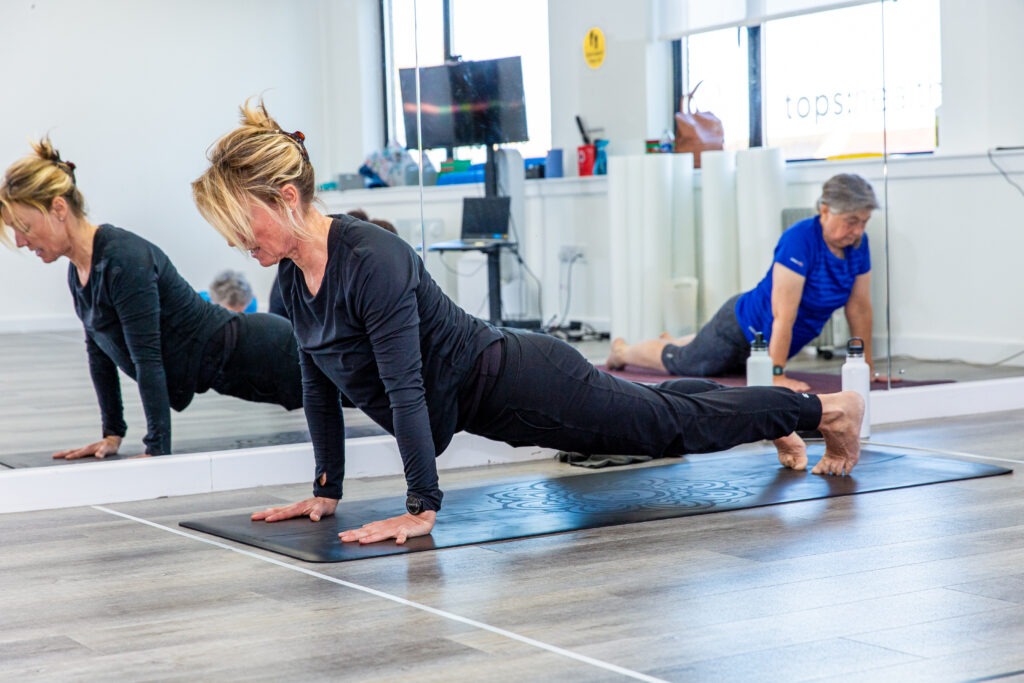At tops:health we are in a unique position to offer classes for Yoga in Oxford taught by a Physiotherapist. Clinical Yoga classes will help you to understand your body including any ongoing injuries and how to get the most out of your Yoga practice safely to build a strong and mobile body.

It doesn’t matter how old you are or flexible you are, Yoga is about learning to look after the body you’ve been given and about challenging your limits, both mentally and physically and learning to breathe through it.